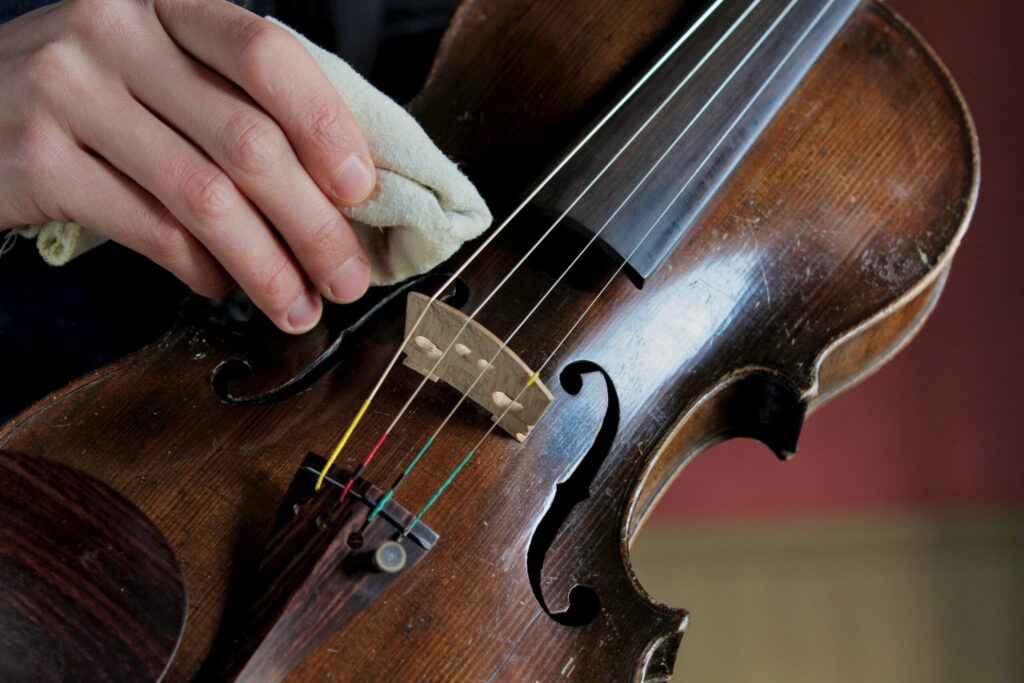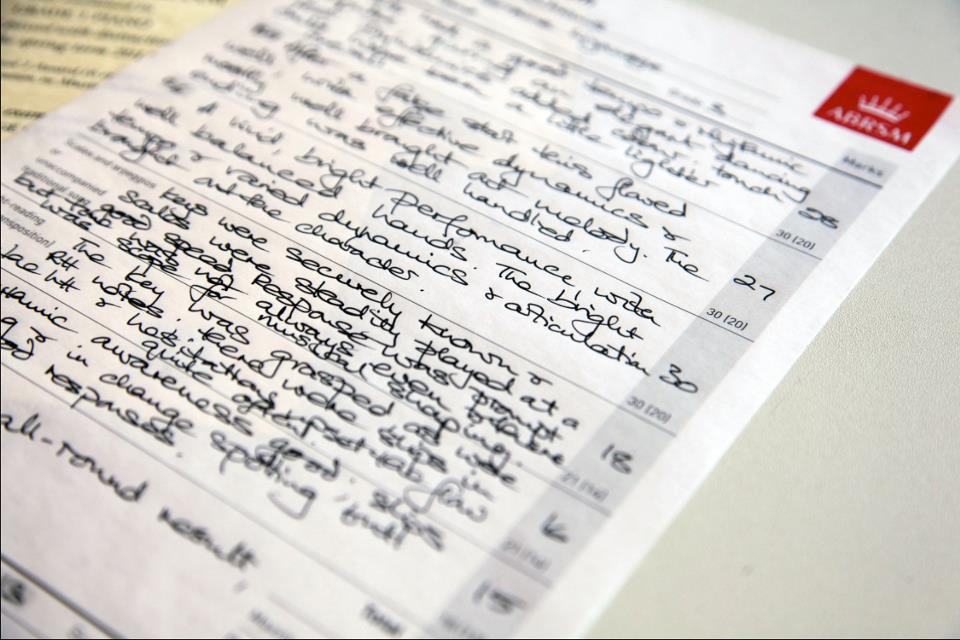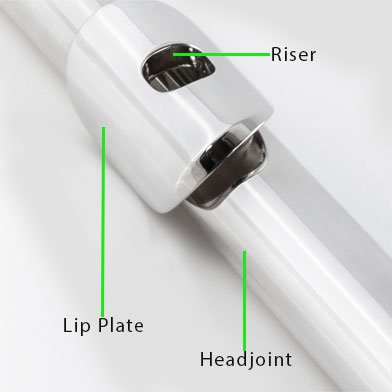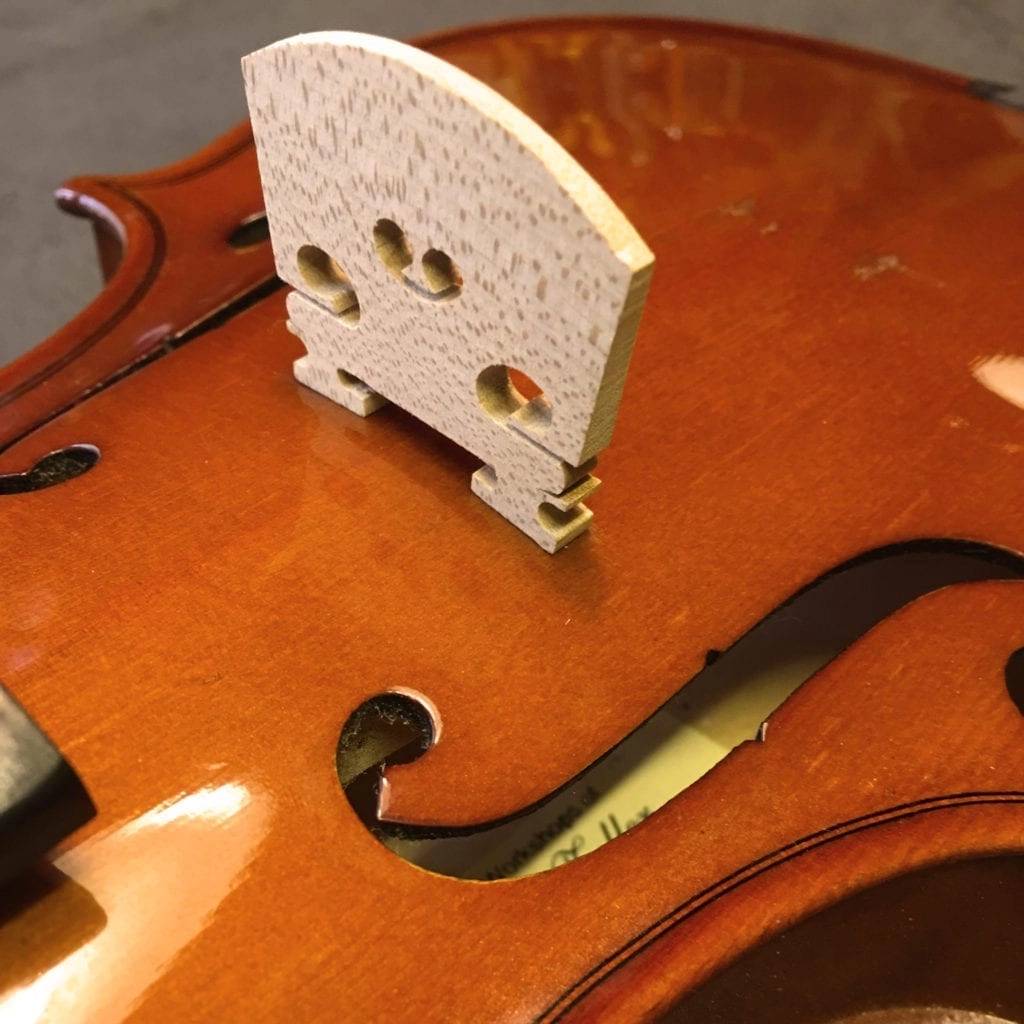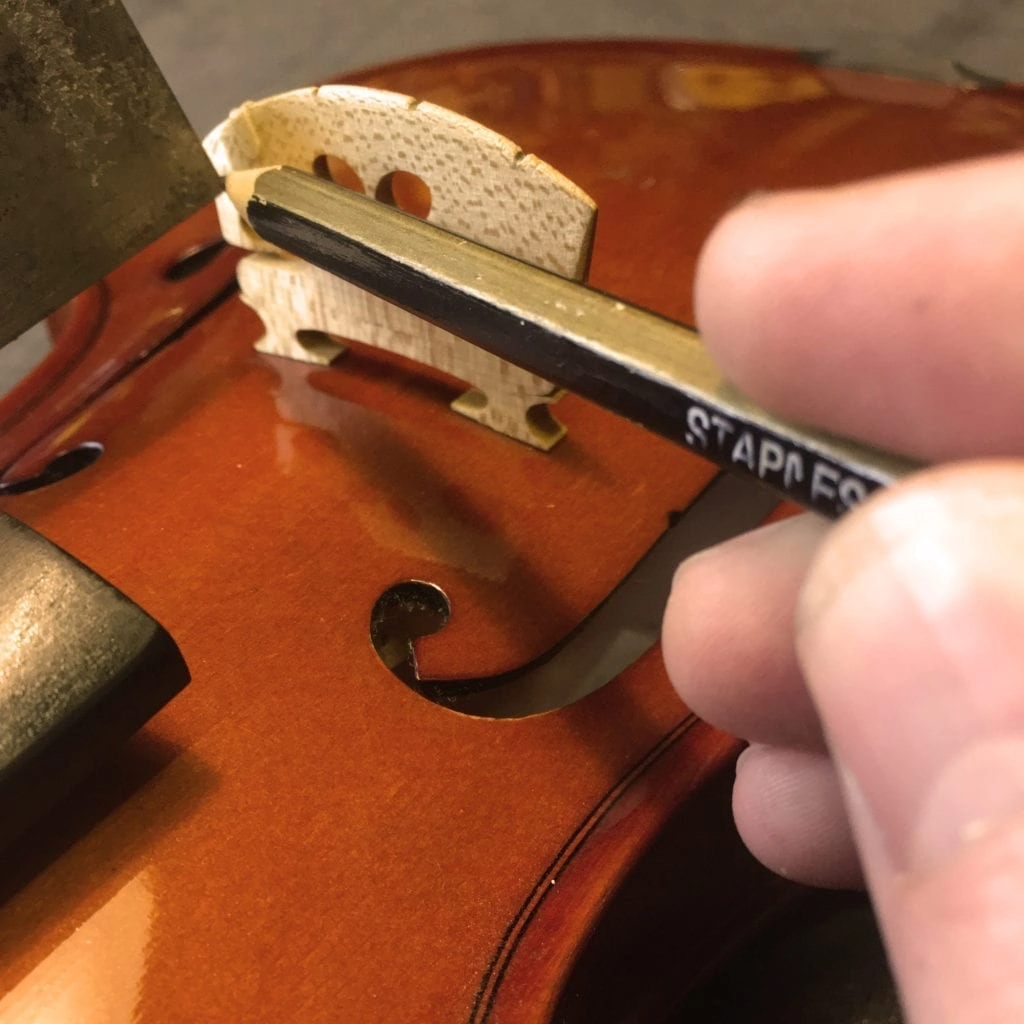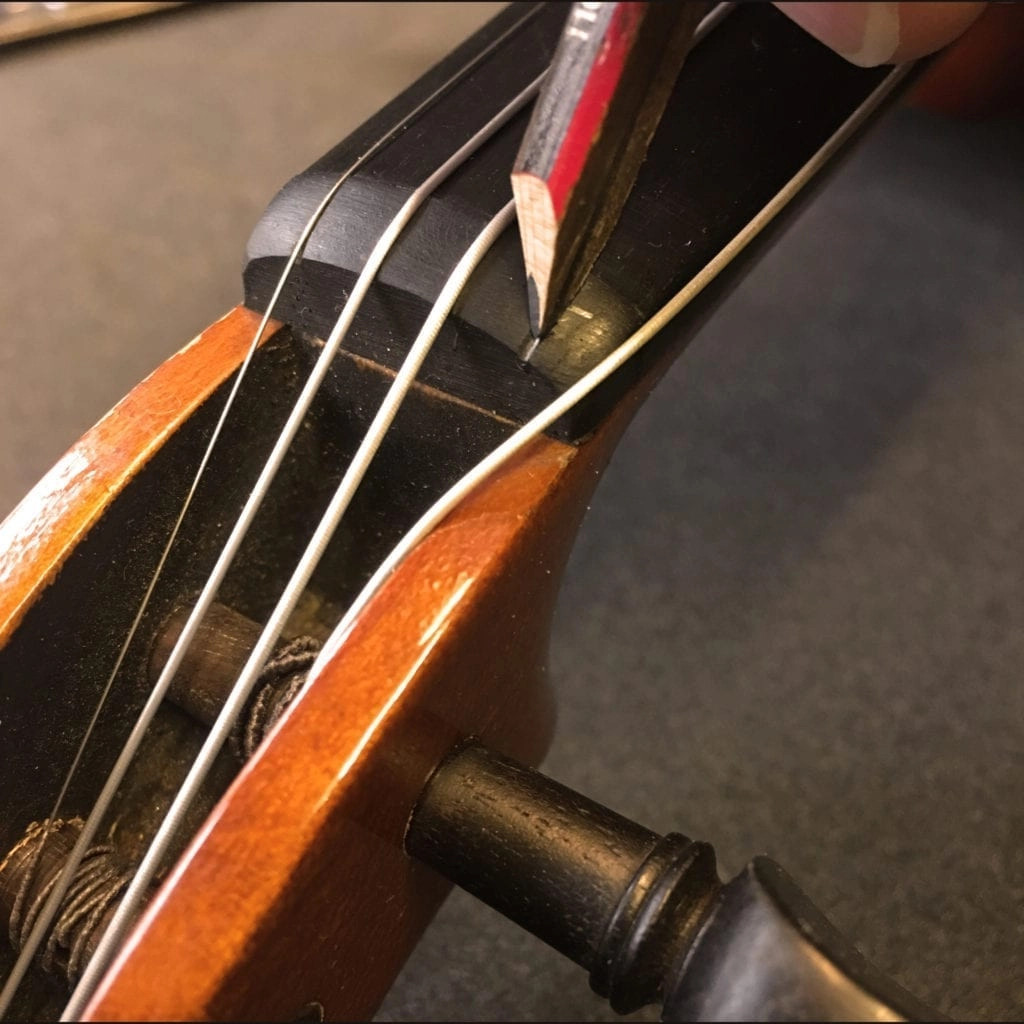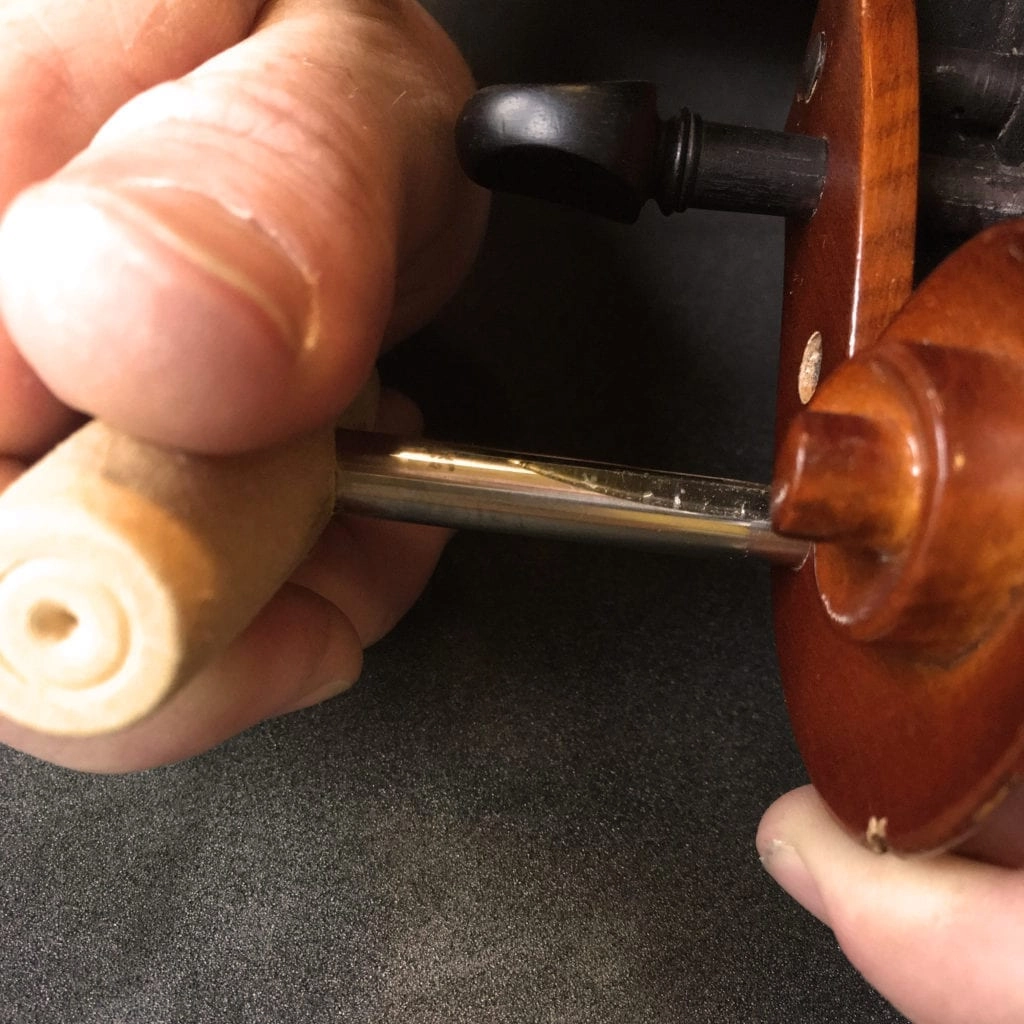
Buying Vs Hiring a Musical Instrument
A real dilemma once you or your child decides they want to learn an instrument – do you buy, or do you hire?
There is no obvious answer. The answer is, whatever suits you best? Is it easier on the pocket to have a small monthly outlay and then the pressure of learning is removed, or do you just bite the bullet and buy your own instrument?
There are many things to consider;
- Is this a whim, or a serious commitment?
- What happens if I don’t enjoy it and want to give up?
- Where do I start with what make or brand to buy?
- What happens if I want to up-grade the instrument in the future?
- Will a cheap second-hand instrument do the job to get me going?
- What about a decent second-hand instrument?
- What servicing/work will my instrument need?
- Even if a bought brand new, what expense will I incur in the future?
- My child will grow, will this matter?
Is this a whim, or a serious commitment?
The million-dollar question – and who knows?! This could be the retirement hobby you have looked forward to, or you have a child who has been on and on about how much they want to learn, and it’s the only thing that matters in the whole wide world!
But, is it? Until you start learning you don’t know how much time you will have, and how easy you are going to find to practice independently to get to the competence level you have dreamed of.
By purchasing an instrument, you have made a proper monetary commitment, and this could spur you on to make a proper go of it. It is also yours – your own instrument that is yours to cherish and care for. Instruments are potentially investments too. Many hold their value and over time if cared for can increase in value.
The only real downside in purchasing is getting some good knowledge about what your options are for purchase. There is little point in buying a sub-standard instrument that isn’t easy to play and won’t see you through a decent amount of time. You get what you pay for and badly manufactured, cheap instruments just aren’t worth the effort at all. If you see a clarinet outfit for £60 you can guarantee that it will be difficult to play, the keys won’t be aligned properly, and you will come across a whole host of problems very quickly. If you are teaching yourself, or have a teacher that isn’t good on their instrument knowledge you will quickly become dis-heartened and probably give up.
By hiring, you take away the pressure of putting a dent in your wallet. If you don’t like it, you can simply return the instrument, and nothing lost (or relatively little). You can also opt for a company that offer a purchase option and thereby not losing the outlay you have put in if you subsequently purchase the instrument.
Hiring also makes it easy if the instrument goes wrong. It isn’t your instrument, so the onus is on the company to ensure you have an instrument fit for purpose.
When hiring an instrument check with the company what quality of instrument you will be getting (although this should be made very obvious). There is little point in getting an instrument that is very basic and won’t enhance your learning journey. Most hire companies will offer differently priced instruments, but you should find explanations as to the different price brackets. In general, this will be down to the initial cost of the instrument from when new.
What Happens If I Don’t Enjoy It & Want to Give Up?
If you have purchased your instrument, then you can look to sell it. If you bought it at a music shop they may be able to purchase it off you, or offer a commission rate sale for you. Alternatively, on-line auction sites, or social media is the obvious place to sell it. If it is still in immaculate condition and fully working you shouldn’t see too much less than you paid for it, although there is no guarantee on price.
If you have hired, you should be able to simply return the instrument and have your payments cancelled.
Where do I start with what make or brand to buy?
If you want to buy your instrument, then take your time to research brands and quality of different instruments. Talk to specialists in music shops and don’t be rushed into deciding. Look at the second-hand market too for the instrument you are looking at but if you do be prepared that your instrument may need a service. On average, a proper flute service would be around £120.00. Some repairers are better than others so beware even if a seller is saying that the instrument has recently had a full service – ask to see the receipt.
You won’t need to buy a top end instrument at all if you are a beginner, but you will enhance your learning by buying a decent student instrument.
Try different instruments too. A decent music shop will have different instruments for you to try and should have a specialist in store to help and advise.
As a guide, use the instruments that are hired out as a good bench-mark – no reasonable hire company will use sub-standard instruments.
If you are hiring, then read through the specification for the instruments, or speak to the hire company for advice. Usually, if you want to up-grade an instrument on hire this won’t be a problem.
What happens if I want to up-grade the instrument in the future?
If you have purchased your instrument but now really fancy the next model up this is perfectly possible. If you used a music shop you may well be able to part exchange your instrument. Alternatively, you can sell your instrument privately and then use this money for the new investment.
If you have hired, and wish to up-grade then simply contact the hire company and ask that you return your instrument and be put on the next model up, or ask for advise on what the natural progression is for your instrument.
Will a cheap second-hand instrument do the job to get me going?
Probably not! If it is cheap, it will be cheap for a reason. If second hand, it may need a service which will cost.
It is not a given that you can pick up any instrument and just play it. Instruments run like cars – they need to be serviced and put together properly to work. Even a guitar that has six strings won’t necessarily be amazing. The strings could be very old and worn or could be the wrong strings for the guitar they are on.
This isn’t of course across the board, but in truth there is no such thing as being lucky with buying cheap second -hand instruments but you never know!
When hiring an instrument your instrument may be second hand but the biggest advantage here is that it will arrive fully serviced and ready to go.
What about a decent second-hand instrument?
This is better! Do some research into the prices online and look carefully at model numbers. Each brand of instrument will bring out different models periodically. Be careful not to buy something that is a bit too old – it makes it more difficult to service and find spare parts for if needed. Pay attention to detail on the model numbers – each letter and number will mean something and if it isn’t exactly right it could be an older version or cheaper/fake model.
Pay attention to the standard of the instrument – you don’t want it too marked, and preferably with no major dents or scrapes. If it looks tarnished or filthy it probably won’t have had the care and attention it deserves so be cautious.
Look at the case too – nothing should be too grubby, and the case should be in reasonable condition.
Ask for the instrument to be played to you. It should be assembled easily, and the player can play it with ease. If they tell you it needs some work be cautious and maybe ask that they get a quote for the work it needs.
When hiring you will receive a decent, fully serviced and set-up instrument, in a case fit for purpose with the relevant accessories to the instrument. If the case breaks or a zip breaks for example, then you should contact your hire company and ask for a replacement.
What servicing/work will my instrument need?
Your instrument needs looking after. A good service will last an instrument a year or so before it needs looking at again. It is amazing how much difference a fully serviced instrument can make. If you purchase an instrument that is in fully working order it will be absolutely fine for some time – you will begin to notice that it is harder to play the closer it gets to needing a service. You can get quotes for services through music shops or repairers/luthiers. If something goes wrong on your instrument or a part breaks you will need to take the instrument to a repairer who will give you a quote and an estimate on how long it will take to repair.
If you have hired an instrument you have no worries regarding paying for a service as this will be covered. If your instrument breaks during the hire period, it will be assessed as to whether this is covered under your hire agreement or not. If you have damaged the instrument, then there will usually be an insurance excess payable to cover the repair. You should receive a replacement instrument if the repair is going to be some time.
Even if a bought brand new, what expense will I incur in the future?
If you buy brand new your instrument should have a warranty or guarantee on it for a period. It is important that you note this period and ensure that your instrument is still in great working condition as the end of this nears. There is no harm in getting it checked over by the shop before you lose this benefit.
After this time your instrument will benefit from a service at some stage depending on how much you play it and how it plays.
Periodically it is well worth getting instruments serviced to keep them working well. There is nothing worse than a looming concert and your instrument needing a full service and therefore being away from you for a week.
If you buy your hire instrument, then the onus will fall on you to look after your instrument as your own after the purchase date.
My child will grow, will this matter?
If you have purchased a full-size instrument then no, this won’t matter. If, however, you have purchased a ½ or other sized instrument then yes, in the future you will need to buy the next sized instrument up. You may be able to part exchange the instrument.
If you have hired your instrument you will simply be able to request the exchange of the smaller instrument for the next size up.


